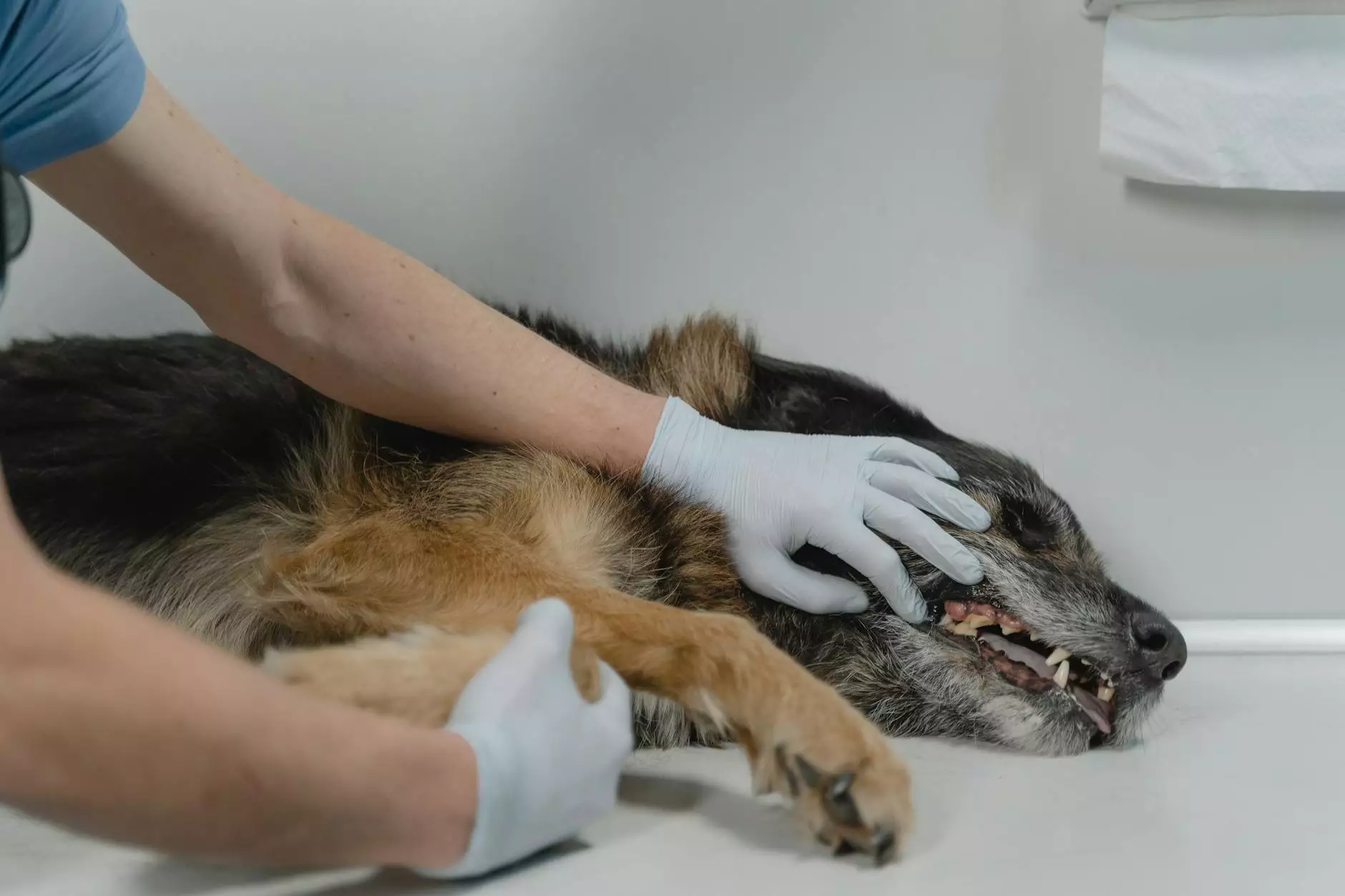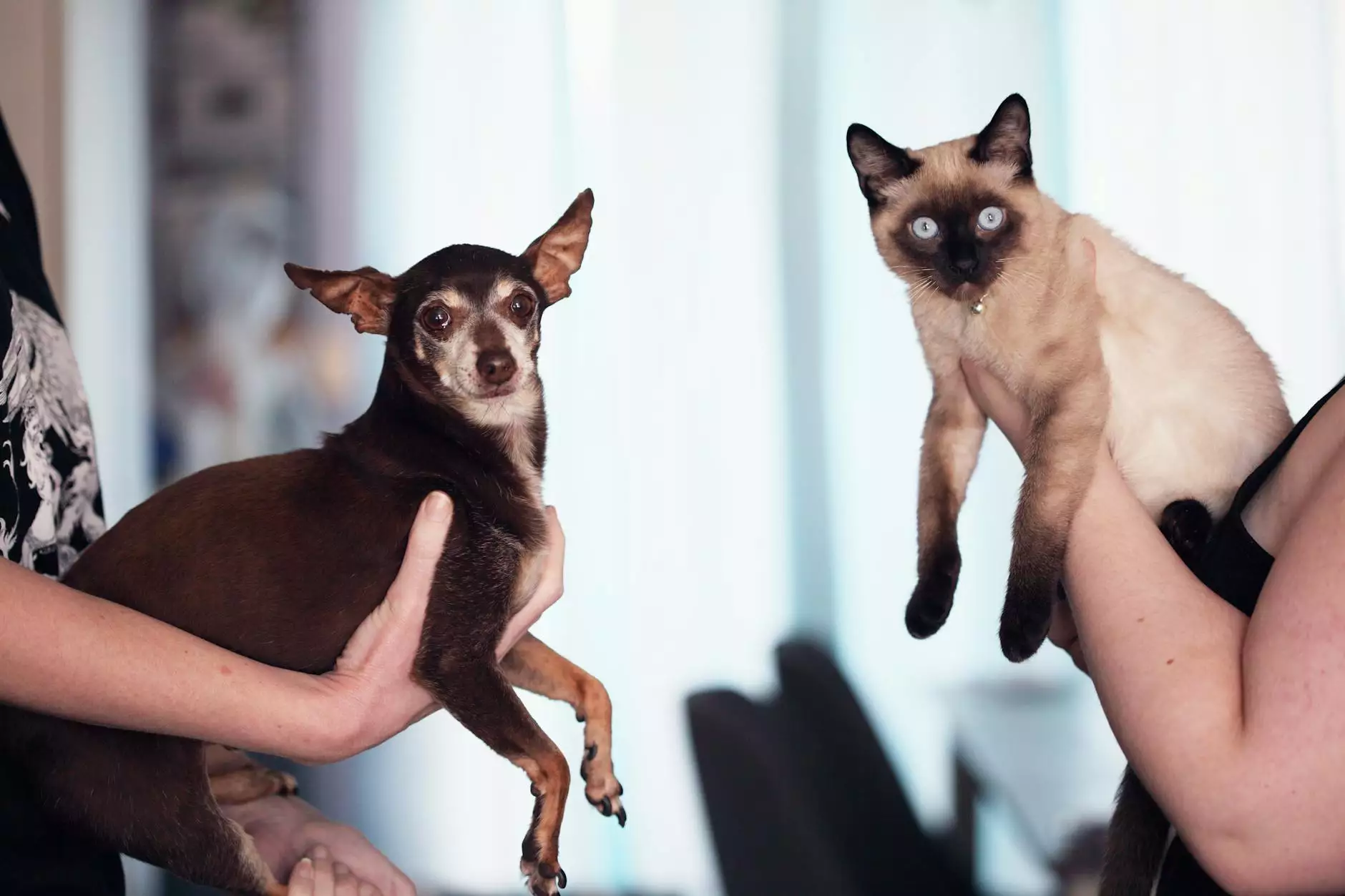How Your Veterinarian Can Help with Pet Separation Anxiety
Services
Pet separation anxiety can be a challenging issue for many pet owners, especially those with horses. It is crucial to understand that separation anxiety is not limited to dogs and cats; horses can also experience distress when separated from their companions or familiar environments. As a passionate horse owner, it's vital to address this concern appropriately to ensure the overall well-being of your equine friend. This comprehensive guide will enlighten you on how your veterinarian can assist in managing and treating pet separation anxiety in horses.
Understanding Pet Separation Anxiety
Before delving into the ways your veterinarian can help with pet separation anxiety, let's briefly explore what separation anxiety is and how it manifests in horses. Pet separation anxiety refers to the distress or anxiety-related behaviors that occur when animals are separated from their owners, companions, or familiar environments. Horses are highly social beings, known for their strong attachment to their herd members and surroundings. Any disruption in their routine or separation from their herd can trigger anxiety.
Recognizing the Signs of Pet Separation Anxiety in Horses
Identifying the signs of pet separation anxiety is essential for early intervention. Horses with separation anxiety may display various behavioral and physical indicators, such as:
- Sweating excessively
- Pacing or restlessness
- Excessive vocalization
- Damage to fences or enclosures
- Weight loss or lack of appetite
- Agitation or panic-like behaviors
- Excessive drooling or cribbing
- Attempting to escape enclosures
If you notice any of these signs in your horse, it is crucial to seek professional assistance from your veterinarian, who can provide expert guidance.
How Your Veterinarian Can Assist
Your veterinarian plays a crucial role in helping you navigate and manage pet separation anxiety in horses. With their expertise and experience, they can:
1. Conduct a Comprehensive Assessment
Your veterinarian will first conduct a thorough evaluation of your horse's overall health and well-being. They will consider any underlying medical issues that may contribute to or exacerbate separation anxiety. Identifying and addressing these factors is fundamental in developing an effective treatment plan.
2. Develop a Customized Treatment Plan
Based on the assessment, your veterinarian will design a tailored treatment plan specific to your horse's needs. This plan may include a combination of behavioral interventions, environmental modifications, and, in some cases, medication to alleviate anxiety symptoms.
3. Provide Behavioral Modification Techniques
Veterinarians are well-versed in behavioral modification techniques. They can recommend and teach you various strategies to help your horse cope with separation anxiety. These may include gradual desensitization, counter-conditioning, and positive reinforcement training. By implementing these techniques, you can promote resilience and reduce anxiety levels in your horse.
4. Offer Medication if Necessary
In severe cases, your veterinarian may prescribe medication to assist in managing your horse's separation anxiety. Medication options include anti-anxiety medications or supplements designed to promote relaxation and reduce stress. However, medication alone is not a comprehensive solution and should always be used in conjunction with behavioral interventions.
5. Provide Ongoing Support and Monitoring
Your veterinarian will continue to monitor your horse's progress throughout the treatment process. They will make adjustments to the treatment plan as needed and provide ongoing support to ensure the best possible outcome. Regular follow-up appointments will allow for thorough assessments and modifications, if required.
Conclusion
Dealing with pet separation anxiety in horses is a complex process that requires professional guidance. Your veterinarian's expertise and support are invaluable in managing this condition effectively. By partnering with your veterinarian at Lasers4Horses, you are taking the necessary steps in promoting your horse's mental well-being and overall quality of life.




